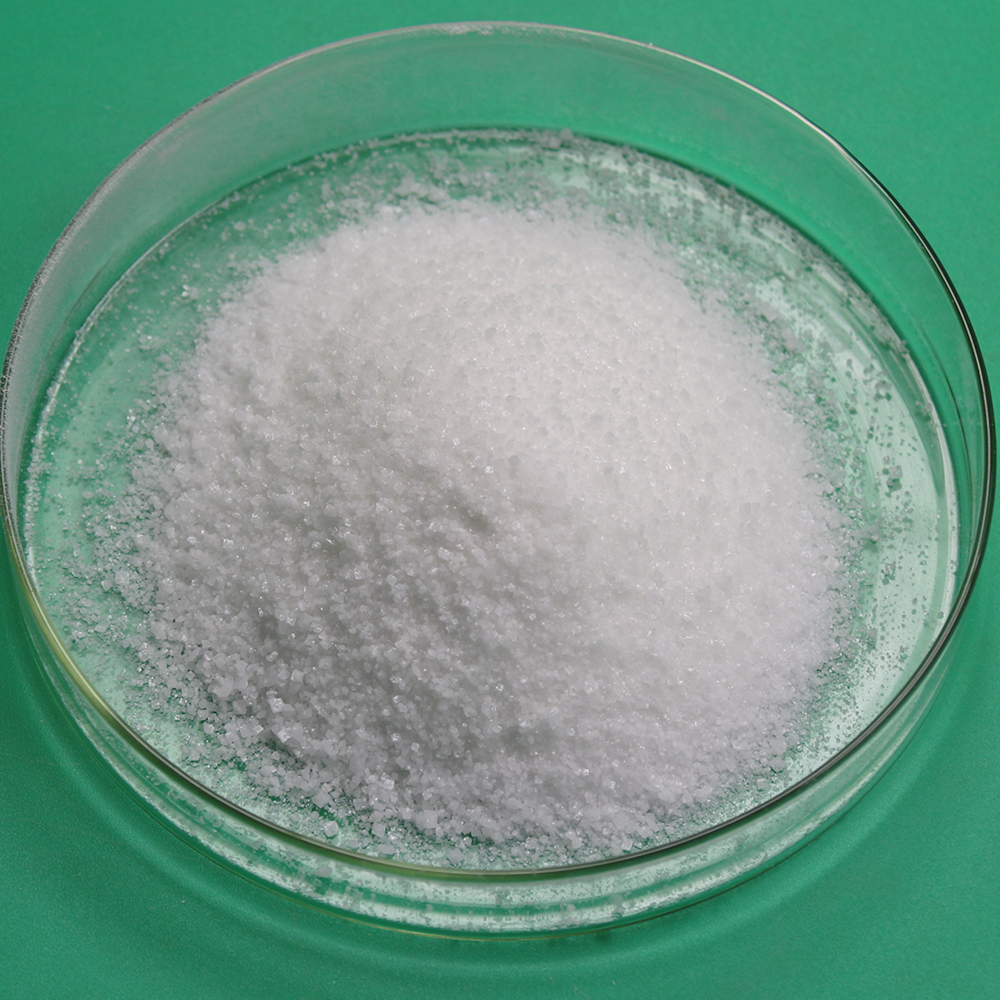Mepiquat is a plant growth regulator that has attracted a lot of attention in the agricultural sector, especially in cotton cultivation. This compound, a derivative of quaternary ammonium salts, plays a vital role in controlling the growth and development of cotton plants, ultimately improving yield and quality.
One of the main effects of mefenamic acid is to inhibit excessive vegetative growth in cotton plants. By regulating growth hormones, mefenamic acid helps maintain a balanced growth pattern so that the plant focuses its energy on producing bolls rather than excessive leaf growth. This is particularly important in areas where cotton is prone to overgrowth due to favorable climatic conditions. By controlling the height and density of the plant, mefenamic acid not only improves air circulation, but also reduces the risk of disease, which can thrive in an overly dense canopy.
Additionally, the use of mefenamic acid has been shown to improve fiber quality. By promoting a more compact plant structure, the cotton fibers produced are generally longer and stronger, a key factor for textile manufacturers. Improved fiber quality can lead to better market prices for farmers, making mefenamic acid an affordable option.
Farmers typically use mepiquat in the early to mid-season to ensure plants are at optimal growth regulation. Timing and dosage are critical, as incorrect use can result in stunted growth or reduced yields.
In summary, mepiquat is an essential tool for cotton growers to help optimize plant growth, improve fiber quality and ultimately increase profitability. As agricultural practices continue to evolve, plant growth regulators such as mepiquat will continue to play an important role in meeting the needs of modern agriculture.
Post time: Jan-06-2025






